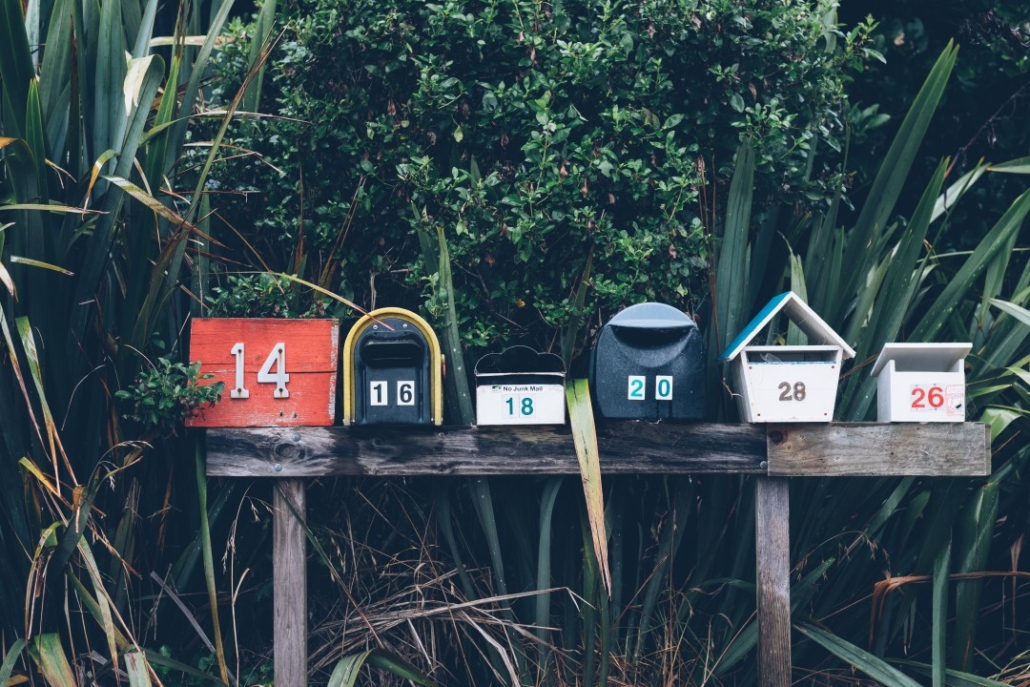While are all gradually assigned to stay at home, due to containment measures, experiences differ considerably according to our personal situations. For those who have no kids at home, the sound of silence can be vastly disturbing, and loneliness painful. Here are 7 simple things to re-discover while in home confinement.
1. Binge-read
Groucho Marx once said: “I find television very educating. Every time somebody turns on the set, I go into the other room and read a book”. Netflix is not the only growing value boosted by COVID-19. Books are too. Even though you are in home office mode, the time freed by the absence of commuting is yours. Precious extra time, scarcely available even during weekends, that you can now enjoy in the comfort of your home. The only problem is to give yourself permission. Does it feel better if someone else does? Famous author George R.R. Martin said: “A reader lives a thousand lives before he dies… The man who never reads lives only one.” That’s enough for me.
2. Fix the kitchen cabinet door
It is interesting to see one’s own home in a new light. Not weekends’ light. Working hours’ light. For some reason, disturbing realities are suddenly claiming your attention. The stain on the living room carpet. The pile of dusty magazines you will never read (unless today is the day? See point 1) and the sofa which cringes each time you sit. You think: “I’m on home office, I am not supposed to tinker.” Sure, you are not. But consider this: At the office, you would take more pauses than you even know. Chat at the water cooler. Walk 10 minutes to join a meeting in another building. Wait at the meeting room door until occupants evacuate. Minutes of unproductive time add up during an ordinary workday. So technically, you are entitled to a pause. Optimize your break. And fix the damn kitchen cabinet.
3. Love grocery shopping
Who would have thought, that grocery shopping would be the highlight of your day? Now that you get one permission a day, you are not going to miss that chance. Going to the closest supermarket becomes a secret expedition with a purpose. Officially, to fill the fridge. Secretly, you are on probation. Appreciate every moment. Breathe the air on your way to the store. Walk every alley. Pick up your favourite yoghurt flavour. Ponder to buy tissue paper and instead mentally start a shopping list for tomorrow. On the way back, resist the temptation to go for a road trip in a steal-blue cabriolet, hair in the wind, “Thelma and Louise” style.
4. Experience slow motion
Seriously, how can days be so long? When locked at home, time stretches in a bewildering way. The uneasy feeling starts with the radical offset between our usually speedy, efficient, “let’s not waste a second” self and the reality of our limited and quiet space. The truth is, should you not slow down, you would soon be bouncing on the walls. The strange combination of limited space, extended time and deprivation of buzzing sounds of life are profoundly disturbing. The interesting outcome is that your productivity is not diminished. Your useless agitation is.
5. Meet your neighbours and bow
Relationships between neighbours can be awkward, especially in big cities. We salute each other politely and engage in some small talk when inevitable (elevator). COVID-19 may change the dynamics. If you are confined at home so are your neighbours. Chances are, you will meet on your way back from probation (shopping). This is when your neighbours feel closer, even buddies. Brotherhood stops at the regulatory distance to avoid contamination, but still, the ice is broken. You share the news, exchange survival tips and promise each other a giant pot-luck dinner when it is all over. Then you bow and go home.
6. Re-discover the phone
With the predominance of texting, we totally forgot that in a not so distant past, we called each other for everything and nothing. The phone ring was intrusive, listening to messages a chore and calling back obligatory. With texting, we freed ourselves from a nuisance, but we lost two essential things along the way: the human voice, with all its nuances, that emoji will never replace, and conversation, in the sense of a musical improvisation, where two people pick up on each other’s words and tone of voice. While we do converse in writing, many notes are lost along the way.
7. Ask “How are you doing” and mean it
A conventional expression of civility, which in normal times, does not require an actual answer, is now reloaded with a ton of meaning and intention. Because now, you do want to know how your people are doing in the global pandemic world. You care for cousins you see once a year, friends from college and ex-spouses. You care enormously for your grandparents and elder relatives. You care for colleagues, in other countries, that you never met but who became, in just a few days, brothers and sisters in arms against the virus. You listen to the regretted Stevie Wonder “I just call, to say how much I care”.

 Alexandra Humbel Coaching
Alexandra Humbel Coaching